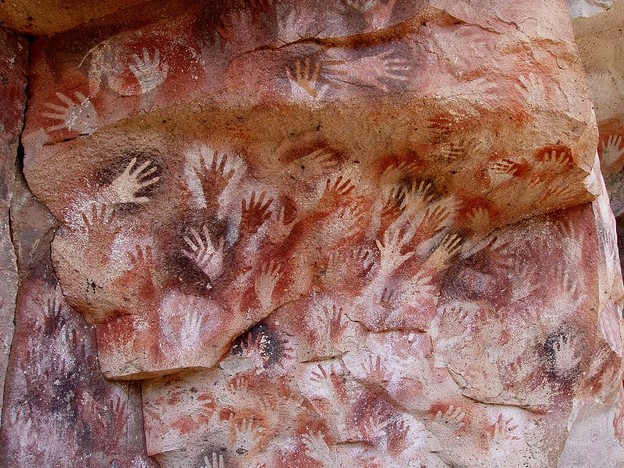What will poetry be in ten thousand years? (4)
Michael Sloane

Post-ecopoetics is a guide for thinking the longevity and durability of the poem in deep time. I have asked a number of poets and scholars to serve as additional guides by asking them to respond to the following questions: “What will poetry be in ten thousand years? If you wrote a poem that you knew would last ten thousand years, how would this impact your writing?”
Each of their responses will be posted as an individual commentary linked to this series.
What will poetry be in ten thousand years?
In ten thousand years, poetry will be less a noun and more a verb. Its primary focus will be (simulated) immersion. Poetry will be pan-sensory. Maybe ESP. Perhaps not extrasensory perception, but extrasensory poetry. Poetry will be done to get in touch for sincerity’s sake because the self will be spread so thin. Poetrying will be one of the last bastions of gaining access to world. Or it will become the foundation for every and all types of connection, interrelationship. Are you poetrying tonight? Yes. Whether its release, reparation, or reliance, poetrying — some strange (to us) moment like an event, a happening, an installation — will provide for a way of life. Living poetically will be something very different from what comes to mind now. Poetics built into every day life: sounding some semblance of self through mixed media to partially or fully feel at home. Poetic homelessness will have been endured for eons until a gradual, incremental shift emerges as many start to poetry regularly. Less making and more doing to deal with the immense amount of loss on the horizon, from specifics to species.
If you wrote a poem that you knew would last ten thousand years, how would this impact your writing?
If I wrote a poem that I knew would last ten thousand years, then I would take a lifetime to finish it. Every word would be meticulously chosen to reveal, at bottom, the importance of care. Ultimately, I would want to be a curator more than a creator. My poem would be both artificial and artifactual while trying to exhibit what the imagination meant (or did) in my lifetime. I might use the word “you” a lot. I might make a lot of suggestions. And I might revel in futuristic myths to exhibit incubating desires. My poem would, hopefully, be an open crucible for the future’s future, for collaboration and creation even. And, to the best of my ability, my poem would seek to immerse the reader. And in order to do so, I suspect a slew of strange forms would be attempted while foregrounding a post-narcissistic type of self-reflexivity, one that (frustratingly) grounds the reader. And I might have an asemic stanza as a joke.
Post-Ecopoetics